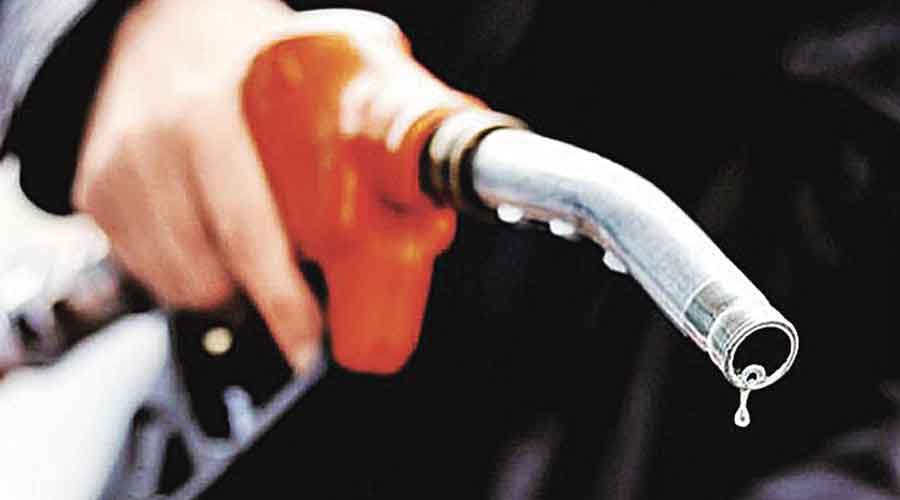Saudi Arabia and other Opec+ states have agreed to bring forward plans to raise oil production in order to offset Russian output losses and ease surging prices that have driven global inflation to a multi-year high.
The agreement is also expected to smoothen the way for US President Joe Biden’s ice-breaking visit to Riyadh.
Opec+ said it had agreed to boost output by 648,000 barrels per day (bpd) in July — or 0.7 per cent of global demand — and a similar amount in August versus the initial plan to add 432,000 bpd a month over three months until September.
The move will be seen as a sign of willingness by Saudi Arabia and other Opec Gulf nations to pump more after months of pressure from the West to address global energy shortages worsened by Western sanctions on Russia.
Oil rose on the news towards $117 a barrel as analysts said the real production boost will be insignificant as most Opec members except for Saudi Arabia and the United Arab Emirates are already pumping at capacity. Earlier this year, oil came close to an all-time peak of $147 hit in 2008.
Opec+, an alliance of the Organization of the Petroleum Exporting Countries and other producing nations, includes Russia, whose output has fallen by about 1 million bpd following Western sanctions on Moscow over its invasion of Ukraine.
US diplomats have worked for weeks on organising Biden’s first visit to Riyadh after two years of strained relations because of disagreements over human rights, the war in Yemen and US weapons supplies to the kingdom.
US intelligence has accused Saudi Crown Prince Mohammed bin Salman, known as MbS, of approving the 2018 killing of Saudi journalist Jamal Khashoggi, a charge the prince denies.
Saudi Arabia and its neighbour the United Arab Emirates have been frustrated at the Biden administration’s opposition to the military campaign in Yemen and failure to address Gulf concerns about Iran’s missile programme and its regional proxies.
With the Ukraine war adding to a tight crude market, the US administration has sought more supplies from Gulf allies such as Saudi Arabia, as well as from Iran whose output has been restricted by US sanctions that could be lifted if a nuclear deal is reached, and Venezuela, also under US sanctions.
The price of crude makes up about half the price of gasoline at the pump in the US, and prices could go even higher as the summer driving season gets under way. High gas prices for drivers are a potential factor in US politics with mid-term Congressional elections approaching this year.
In Germany, the government has sought to soften the blow to consumer finances from energy inflation by launching deeply discounted transit passes that enable unlimited use of local trains, subways and buses for 9 euros ($10) per month.










